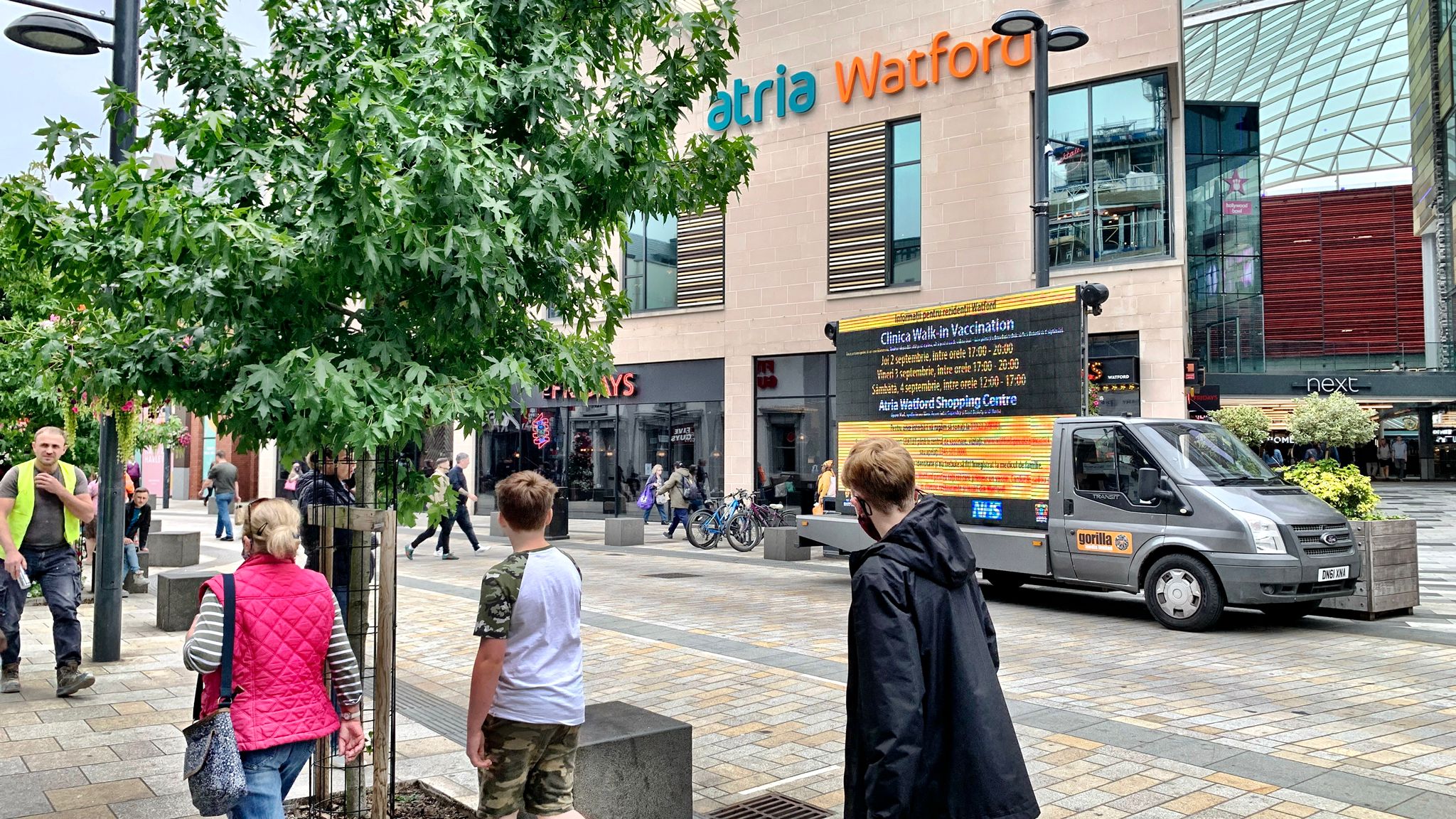
This week the government announced its plan for living with COVID-19. As we move away from restrictions and measures previously in place, we are all learning how to live with and manage COVID-19.
Get vaccinated
We advise in line with these recent changes, that the getting your vaccine is still your main form of defence against COVID-19.
The vaccine is available for everyone aged 16 and over even if you are not a citizen of the UK.
Read more frequently asked questions and answers about getting the vaccine
The end of restrictions
Here is a summary of these changes and what this means for you.
- 24 February: End of the legal requirement to self-isolate following a positive test result
- 24 February: End of routine contact tracing.
- 1 April: End of guidance for voluntary COVID-status certification for certain venues.
- 1 April: Free testing for most people will no longer be available.
- 1 April: Limited free symptomatic testing will continue for a few of at-risk groups, including social care workers.
There are still steps that you can take to reduce the risk of catching and spreading COVID-19. Make sure you know what you should do to protect yourself and those around you.
What you can do to stay safe
- You are strongly advised to get vaccinated as soon as possible
- Let fresh air in if meeting indoors, or meeting outside
- Wash hands
- Wear a face covering in crowded and enclosed spaces, especially where coming into contact with people they do not usually meet and when rates of transmission are high
- Try to stay at home if unwell
- Take a test if displaying Covid symptoms
- Stay at home and avoid contact with other people if you test positive
Please keep checking for updates on living with COVID-19.
Clinically extremely vulnerable (CEV)
Following clinical advice and the successful rollout of the COVID-19 vaccine programme, people previously considered to be CEV are not being advised to shield again.
The JCVI have advised a spring booster (second booster dose) to people over 75, residents in care homes and over 12 years old who are immunosuppressed.
If you were previously identified as clinically vulnerable, you are not being advised to shield again, however you should continue to follow the steps to stay safe. Please seek advice from your GP or health professional on whether additional precautions are right for you.
Testing and self-isolation
You are not legally required to self-isolate if you test positive for COVID-19. You will not have to take daily tests or be legally required to self-isolate following contact with someone who has tested positive for COVID-19.
The Test and Trace Support Payment Scheme has ended, but if you were told to self-isolate before 24 February you can still make a claim up to 6 April.
Staff and students in most education and childcare settings will no longer need to test twice a week.
Adults and children who test positive are advised to stay at home and avoid contact with other people for at least 5 full days and then continue to follow the guidance until they have received 2 negative test results on consecutive days.
Even though there is no longer a legal requirement to self-isolate from 24 Feb, you are strongly advised to stay at home if you test positive for COVID-19. Staying at home if you test positive will protect your loved ones and those who are vulnerable to COVID-19.
Going away this summer?
If you are looking forward to travelling to or from England you should check on gov.uk to see:
- Entry requirements for the country you’re going to or travelling through
- What you need to do before and after you return to England
- Whether you need to take any tests and when
- What you need to do to travel with children
- Whether you’re exempt from any rules
Complete your passenger locator form here.
Businesses and venues
It’s important that all businesses working safely, update their risk assessment and take action to improve poorly ventilated spaces.
Employers still have a legal duty to manage risks to those affected by their business.
All businesses should follow the principles set out in the working safely guidance.
You can share this useful ventilation video with your staff so that they can play their part in keeping the working environment safe.
Stay Connected
If you need emotional support, advice and information or if you are feeling distressed or are in a crisis get help today.
The NHS provides a range of talking therapies for common mental health issues such as anxiety and depression which are free, effective and confidential for you and your loved ones. Your GP can also refer you to this service.
Get in touch with the Community Support Service is an outreach service today by emailing watfordhealthyhub@hertsmindnetwork.org or call 01923 727 356.
If you need urgent help for yourself or someone please call 0800 6444 101 24 hours a day, 7 days a week. Find out more by visiting www.hpft.nhs.uk/get-help
Read more about the existing public health measures in place. Please keep checking our webpages each week for more updates on living with Covid.
